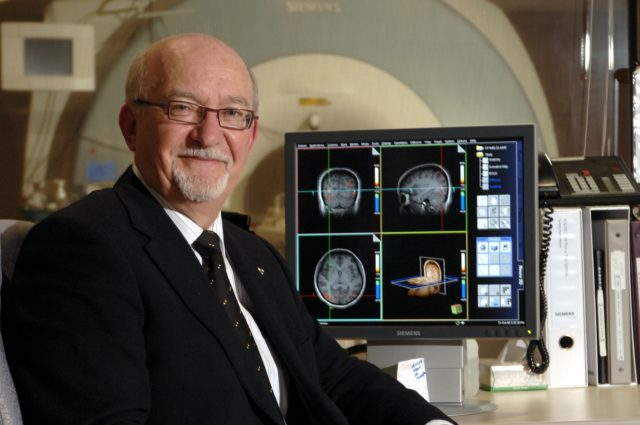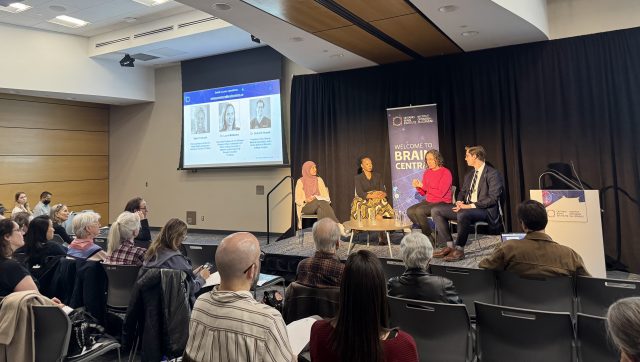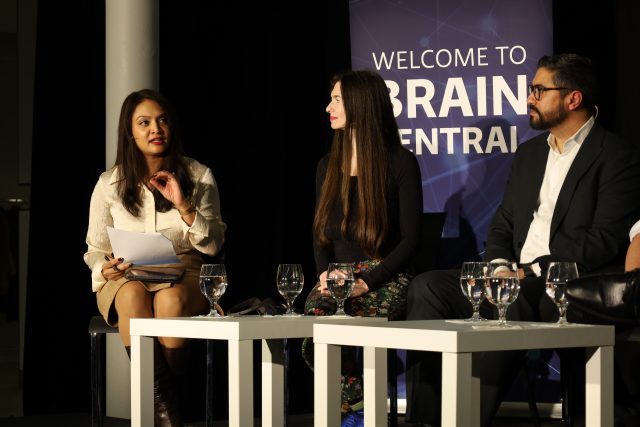It’s Brain Awareness Week 2013 – a time to think about the promise of brain research and how it’s helping all of us take practical steps towards healthier brains and a healthier future.
This year’s theme of “exercise and the brain” brought me back to a time several years ago, when I was contacted by Reader’s Digest to talk about minimizing the cognitive changes associated with aging. The interview ended with an interesting question:
“Dr. Stuss, please give our readers your personal advice on the single most important thing they can and should do to maximize their brain function as they age.”
The answer was obvious:
“The single most important thing any person can and should do to maximize their brain function is participate in regular physical activity.”
Let me explain.
Physical activity and exercise are essential for a fit body, and a fit body is key to a healthy brain. They increase our heart rate and oxygen levels, allowing both our bodies and our brains to function more effectively. They also lead to weight loss, help manage hypertension and diabetes, and curb many chronic illnesses that lead either directly or indirectly to brain dysfunction.
In turn, a healthy brain helps keep the body healthy. Being physically active increases the levels of chemical messengers in the brain that are involved in the growth and survival of brain cells, DNA repair and antioxidant production. These same messengers also activate areas of brain that hormonally control fat production, insulin sensitivity and heart health.
Brain fitness not only leads to sharpened cognitive abilities, it also allows your brain keep the rest of your body healthy. Physical activity has been used in rehabilitation of patients who have suffered cardiac disorders, stroke and even dementia. A recent OBI report shows that more than one in seven cases of Alzheimer’s disease could be prevented by moderate physical activity.
In fact, physical activity has been shown to be so important that many of the programs funded by OBI are including the effect of exercise and movement in their research. You can read about two of them in this newsletter, including how we’re using physical activity to help stroke survivors and children with cerebral palsy regain movement and a better quality of life.
Are exercise and physical activity enough? My experience tells me the path to maximizing brain function is going to be an integration of approaches. Many other strategies – things like ensuring adequate sleep, diminishing physical discomfort and a good diet – have a hand in maintaining brain health. My own research has shown the significance of cognitive training in brain health. By teaching individuals how to think more strategically, maximize their memory capacity and adopt a more positive attitude, we’ve proven they can gain lasting improvements in memory.
But always keep in mind that improving your brain health is directly within your grasp. You can make a difference today by simply getting up and moving. It’s easy and free, and any amount of exercise will do.
So, I pose this challenge to all of you: this Brain Awareness Week, start by walking, running, biking, skipping or skiing your way to better brain health, and help us contribute to a healthier future for all Canadians.
Back to Brainnovations newsletter



